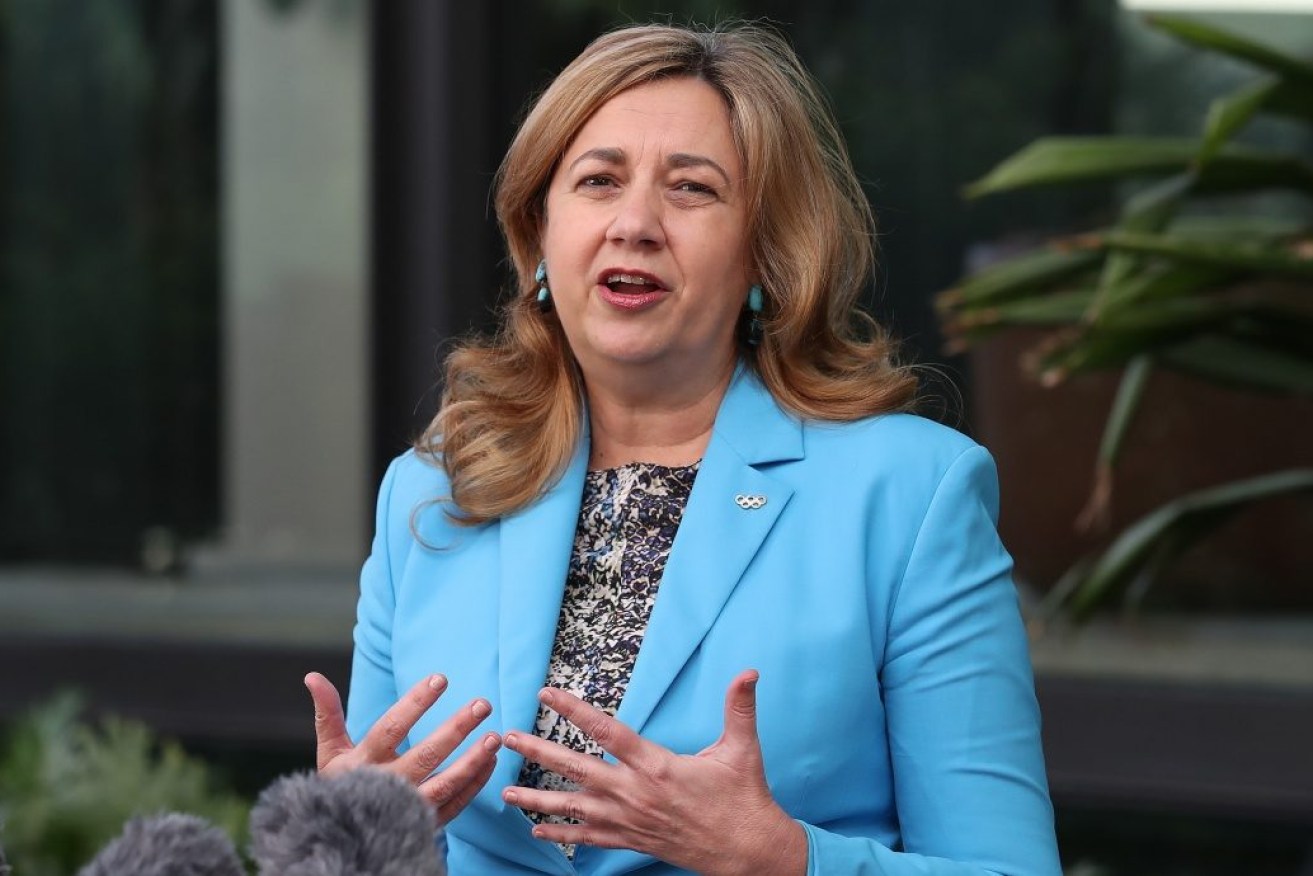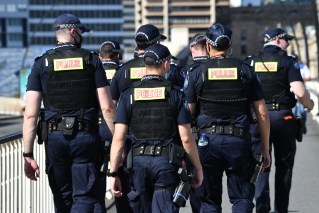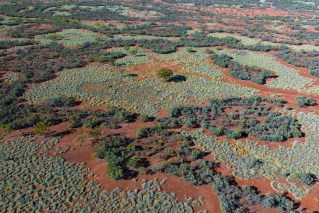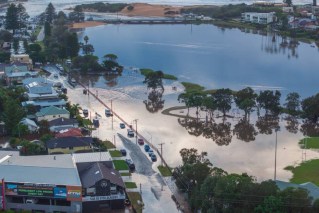Domestic violence inquiry to probe Queensland police culture

The Queensland premier has tabled bills in parliament to give the auditor-general and the political lobbyist watchdog more independence.
The Queensland Children’s Court president will head a royal commission into police responses to domestic and family violence including “cultural issues” within the force.
Premier Annastacia Palaszczuk ordered the Commmission of Inquiry in response to the Women’s Safety and Justice Taskforce recommendations.
District Court Judge Deborah Richards will explore cultural issues to improve the police response to women trapped in abusive and controlling relationships.
It will probe the over-representation of Indigenous people in the criminal justice system and the QPS’s capability to respond to domestic and family violence.
The way complaints against police are handled and investigated will also be examined.
The four-month inquiry will commence on May 30 and will cost more than $3 million.
“The issues raised by survivors with the Taskforce require further investigation to ensure all women feel confident they’re being listened to,” Ms Palaszczuk said.
Acting Police Commissioner Steve Gollschewski had said police will fully co-operate with the inquiry, admitting officers have not always got things right.
“The QPS responds to most DFV incidents very effectively, however we acknowledge there have been some instances where we have not got it right and our organisation welcomes the opportunity to learn and improve,” he told AAP in a statement on Wednesday.
“Responding to incidents of DFV is often challenging and complex.
“The inquiry is an opportunity for us to understand and reflect on what we can do, within our service, to better protect victims of DFV.”
The Women’s Safety and Justice Taskforce report called for a royal commission into the “widespread and negative culture within the QPS”, which they said was undermining police responses to domestic violence.
The report found officers were still responding to cases as individual incidents, focusing on physical violence and misjudging high-risk situations.
In some cases police did not believe a victim reporting abuse, colluded with manipulative perpetrators, did not properly investigate, or did not disclose or mitigate conflicts of interest in cases involving officers.
Police had also misidentified some victims as perpetrators, the report said, and lacked the cultural ability to deal with cases involving Indigenous people.
The Queensland government has also promised to introduce a bill to criminalise coercive control by the end of 2023.
Coercive control includes isolating a partner from family and friends, monitoring their movements, controlling their access to money, and psychological and emotional manipulation.
That form of abuse disproportionately affects women in Queensland.
The government has also allocated $363 million to expand domestic violence courts, boost support services, plan an Indigenous strategy and fund perpetrator programs “to change men’s behaviour”.
Police teams and co-responder programs with domestic violence services will be expanded, and education programs in schools will receive extra funding.
1800 RESPECT (1800 737 732)
Lifeline 13 11 14
– AAP








